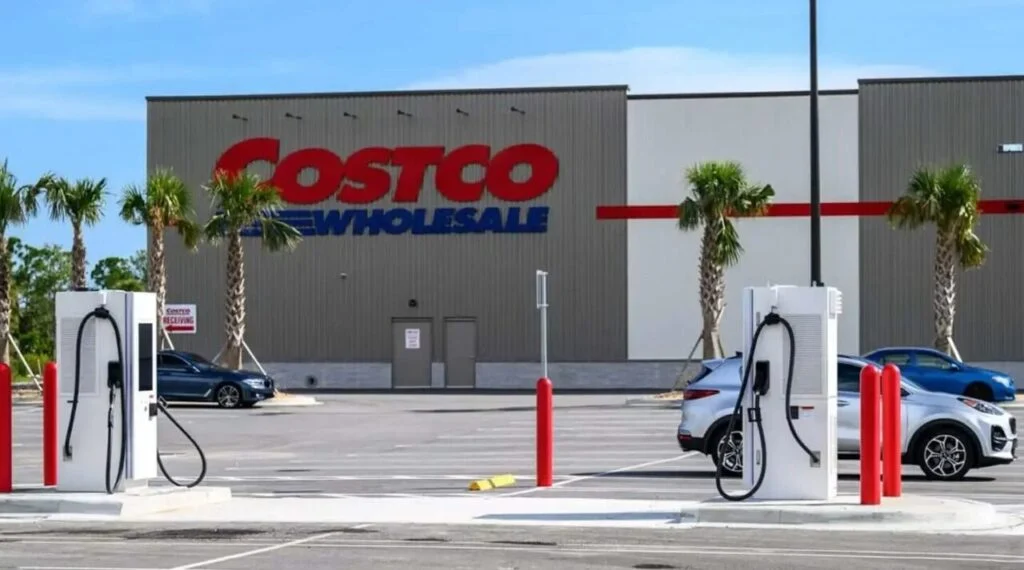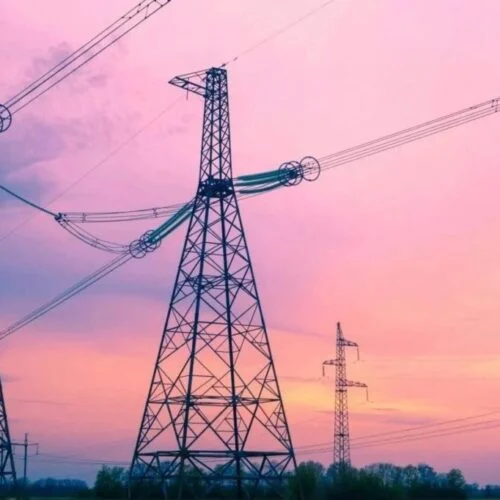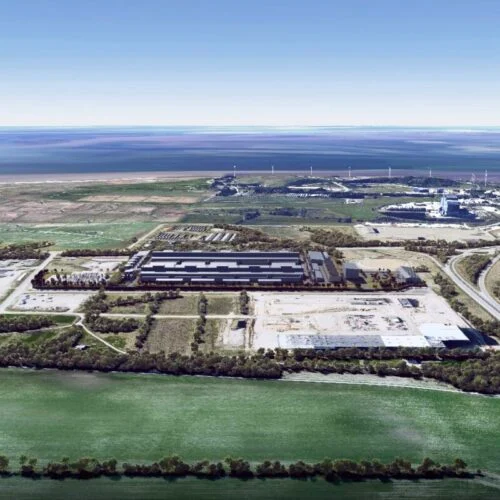US-based EV infrastructure firm Electric Era has announced that they have completed installation on an EV charging hub at a Florida Costco in just 54 days.
After a previously installed EV charger hub at the Costco location in Northport, Florida, failed, the site was left without EV charging facilities for its customers to use. Installing fast chargers can frequently take between 12 to 36 months, but Electric Era was able to install and commission the entire system in just 54 days.
Electric Er’s product makes use of a battery energy storage system (BESS) that allows it to bypasss much of the difficulties and time delays surrounding the need for grid upgrades, by storing power when it is abundant on the grid and releasing it when needed for high-speed EV charging.
This means that Electric Era systems can be installed in areas where the grid could not normally support fast charging systems. In the UK, EV charging tech firm TUAL has developed similar systems to support the 8,000 automotive retailers facing critical grid constraints in the UK, with each battery supported EV charger able to be installed in under an hour and having the ability to deliver high-speed 200kW DC charging on an 11kW supply, even if that supply was previously only sufficient for trickle AC charging.
Other parts of the US are working to bring more EV charging facilities online and bypass grid constraints. In April, US utility Pacific Gas and Electric Company (PG&E) announced a new service which will allow more EV chargers in California to connect to the grid without needing to wait for grid capacity upgrades.
This system uses PG&E’s cloud-based Distributed Energy Resource Management System (DERMS), which was developed alongside Microsoft and Schneider Electric and automatically adjusts the energy supply to a site based on when electricity supply is readily available. This means that a new charging project seeking a 2MW connection could connect to an area of the grid that can supply 2MW most of the time but receive a lower 0.5MW supply at times of peak grid strain, until grid improvement works are completed to allow for a full 2MW connection at all times.
Meanwhile in New Mexico, Nuvve Holding Corp was recently awarded a $450 million (£349 million) contract by the State of New Mexico for a project seeking to convert the state’s buses, shuttlers and other vehicles to EVs.






